Immune System
The immune system is a complex network of cells, tissues, and organs that work together to defend the body against harmful invaders, such as bacteria, viruses, and parasites. It also plays a role in identifying and eliminating abnormal or mutated cells, including cancer cells.
Key Components of the Immune System
- White Blood Cells: These are the main cells involved in the immune response. There are several types of white blood cells, each with specific functions, such as attacking and destroying pathogens, producing antibodies, and regulating the immune response.
- Antibodies: These are proteins produced by the immune system in response to the presence of specific antigens (foreign substances). Antibodies recognize and bind to antigens, marking them for destruction by other immune cells.
- Lymphatic System: This network of vessels and organs, including the spleen, thymus, and lymph nodes, plays a key role in producing and transporting white blood cells and filtering out pathogens and foreign particles from the body.
- Bone Marrow: This spongy tissue found in the bones is the site of blood cell production, including white blood cells. It is crucial for maintaining a healthy immune system.
Functions of the Immune System
The immune system has several important functions, including:
- Identifying and destroying pathogens
- Recognizing and eliminating abnormal cells, such as cancer cells
- Remembering previous encounters with pathogens to mount a faster and more effective response upon reinfection
- Regulating the immune response to prevent excessive inflammation and tissue damage
Study Guide
When studying the immune system, it's important to understand the following key points:
- Describe the main components of the immune system and their functions.
- Explain the process of immune response to a pathogen, including the roles of white blood cells, antibodies, and memory cells.
- Discuss the importance of the lymphatic system in immune function and the role of lymphoid organs.
- Understand the concept of immunity, including innate immunity and acquired immunity (through vaccination or previous infection).
- Explore the impact of a compromised immune system and the consequences of immune-related disorders.
By mastering these concepts, you will have a solid understanding of the immune system and its crucial role in maintaining overall health.
[Immune] Related Worksheets and Study Guides:
.◂Science Worksheets and Study Guides Seventh Grade. Sound
Worksheet/Answer key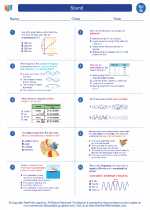 Sound
Sound  Worksheet/Answer key
Worksheet/Answer key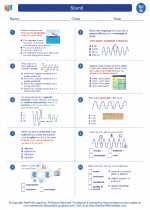 Sound
Sound  Worksheet/Answer key
Worksheet/Answer key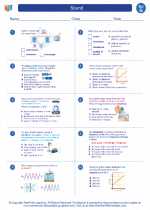 Sound
Sound  Vocabulary/Answer key
Vocabulary/Answer key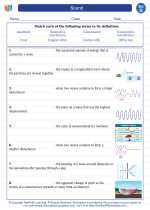 Sound
Sound  Vocabulary/Answer key
Vocabulary/Answer key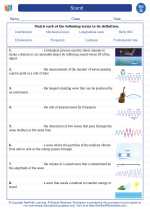 Sound
Sound  Vocabulary/Answer key
Vocabulary/Answer key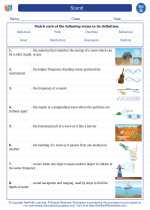 Sound
Sound  Vocabulary/Answer key
Vocabulary/Answer key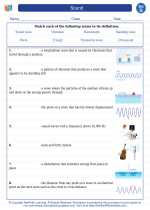 Sound
Sound 

 Worksheet/Answer key
Worksheet/Answer key
 Worksheet/Answer key
Worksheet/Answer key
 Vocabulary/Answer key
Vocabulary/Answer key
 Vocabulary/Answer key
Vocabulary/Answer key
 Vocabulary/Answer key
Vocabulary/Answer key
 Vocabulary/Answer key
Vocabulary/Answer key

The resources above cover the following skills:
Skills and Processes: Students will demonstrate the thinking and acting inherent in the practice of science.
Applying Evidence and Reasoning: Review data from a simple experiment, summarize the data, and construct a logical argument about the cause-and-effect relationships in the experiment.
Describe the reasoning that lead to the interpretation of data and conclusions drawn.